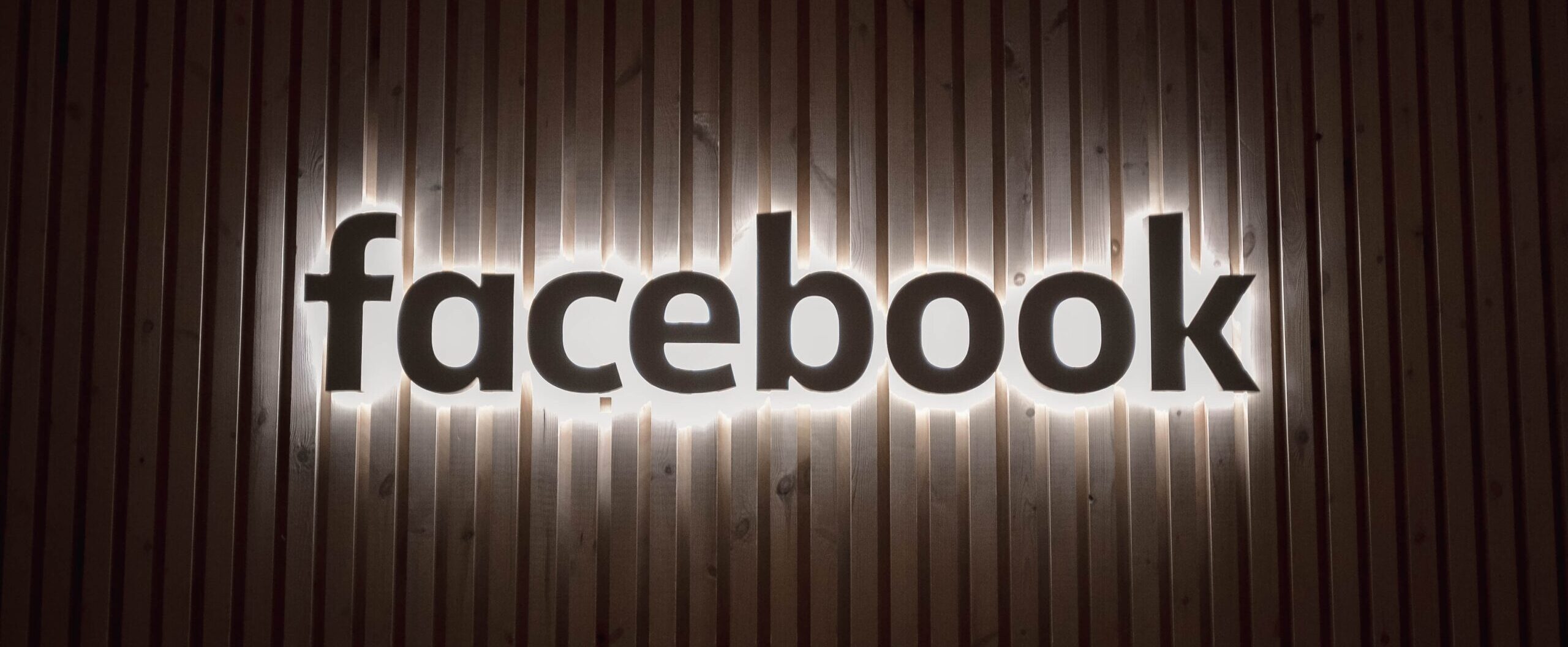Mark Zuckerberg went from child prodigy to villain in a matter of days. Facebook is not the child’s play it seemed after all. In recent weeks there have been reports of several companies that have managed to collect large amounts of data from Facebook users to be used for various purposes, including influencing the elections for the presidency of the United States.
In his best t-shirt, Mark followed the PR rules and apologized, informing that they will launch an investigation and that they will not tolerate further abuse. Abuses that they have committed repeatedly: “We got the publicity (in our favor) wrong. Sorry. But they didn’t give back to those they cheated; We will never cross data between Facebook and WhatsApp, it would be impossible… oops, we crossed.” 120 million fine in a nearly $20 billion transaction. Slap on the hand.
The truth is that we let these companies grow unchecked, and now society is starting to pay the price. Several experts thought that these companies, Amazon, Google, Facebook, etc., were crazy people from Silicon Valley who gave away free stuff. What happened was that they understood the value of something before everyone else did. The new gold data. And we gave them (and continue to give them) our data for a low price. Who were the idiots here? They offered us free email, search, photo albums and social networking and with that they read our emails, saw our photos, who our friends are, what we wear and what we search for. Data! What is data for? To get to know us, often better than we know ourselves, and thereby predict our behaviors and influence us in what we buy, decide, etc.
Technology has been for too long without control or legislation, and excellent public relations campaigns have made these entrepreneurs the big new heroes. Children no longer want to be like Indiana Jones or James Bond, now they want to be like Elon Musk or Mark Zuckerberg.
What to do? Two more immediate issues may make sense.
1. Appropriate legislation and…
2. Splitting these companies into smaller ones. For example, separate Facebook into
3. Smaller companies with less power: social network, WhatsApp, and Instagram.
However, these big companies have the principle “it is better to apologize than permission” and often when they catch them in their crimes it is already late. They can already pay the best lawyers who can turn the system around. The fines, even though they may seem huge, billions of euros, are often worth it for the companies and are not significant enough when compared to their value. Uber’s strategy for example.

These companies have some of the brightest minds on the planet working for them, and on complex topics like artificial intelligence, lawmakers don’t even understand the future impact of the innovations. The real globalization that we are experiencing for the first time in history also has a profound impact, as many countries are willing to tolerate the abuses of these companies in exchange for taxes. At the same time companies like Amazon have increased their lobbying investments fourfold, allowing them to influence political decisions. Always two steps ahead.
The topic is not simple, and it will get more complicated. The big challenges of technology are no longer hardware or software issues, they are now legal, ethical, and moral issues, and society has to be prepared for them.

